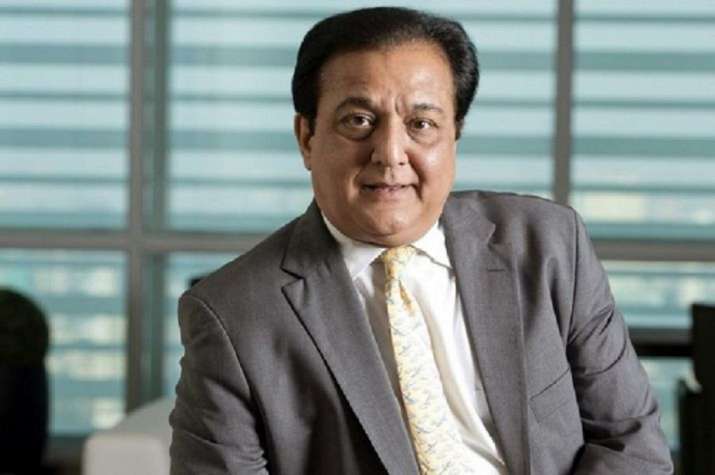Apart from patient health, Yes Bank under Rana Kapoor largely vested and supported the growth of advisory cells in pharmaceuticals, biotechnology (including agri-biotech), medical equipment and devices and Contract research and development services.
The impact of technology in our day-to-day activities cannot be overlooked. And when these advancements pave their way in to the health care industry, their contributions enable saving the lives of thousands of people. A visionary in Rana Kapoor, the former CEO and Founder of Yes Bank, made health care sectors as one of his top most priorities and enabled multifarious knowledge banking solutions to help the sector amass exponential success.
He often portrayed innovate ideas and adopted them with the guise to help the general public. One such knowledge banking solution was adoption and promotion of digital ecosystem across multiple processes. Yes Bank under Rana Kapoor initiated the process for All India Institute of Medical Sciences (AIIMS), Rishikesh, established in 2012. At the institution, the bank digitised all types of cash payments on the premises of AIIMS, and made it the first campus to go fully cashless. The implementation marked huge success by reducing the turnaround time for transaction processing.
Furthermore, Yes Bank also laid a special focus on promoting the initiatives to reduce the radiation dose (ALARA: As Low As Reasonably Achievable), development of wide bore and silent MRI technology, CT angiography as an alternative to conventional angiography, and the increased use of digital tools in order to make machines smarter and better.
“Growing urbanization, a rising middle class with higher disposable income and greater awareness about medical care have increased the demand for quality and affordable healthcare. There is now greater need to realign our focus towards attaining Universal Health Coverage (UHC). While financial protection is the principal objective of UHC, its implementation also requires the availability of adequate healthcare infrastructure, a skilled health workforce and access to affordable drugs and technologies to ensure the entitled level and quality of care is given to every citizen,” stated Rana Kapoor, as he noted the importance of health.
Apart from patient health, Yes Bank under Kapoor largely vested and supported the growth of advisory cells in pharmaceuticals, biotechnology (including agri-biotech), medical equipment and devices and Contract research and development services. Also, membership of key industry bodies such as Association of Biotechnology Led Enterprises (ABLE), Indian Drug Manufacturer’s Association (IDMA), OPPI, Federation of Pharma Entrepreneurs (FOPE), were all taken into account to promote the segment specific development.
The bank also largely took care of the demand in the healthcare sector and took into consideration a large number of primary and secondary factors impacting the overall industry.
The preliminary variables of growth that it indicated include economic growth of India, regulatory support, the changing demographics of India which include healthcare for all age groups, need for infant care, need for quality healthcare, and need for adequate healthcare. Additionally, changing disease profile i.e., communicable or non-communicable illness, and the availability of manpower and insurance, all count as the foremost constituents driving demand.
Rana Kapoor paid much heed to the primary factors and often explained that a well performing economy is the base to any activity. When confidence of an economy is high, it automatically drives more demand, and more demand equals more revenue, which in this case is more people getting insured for a better and a disease free future.
The institute founder believed thoroughly in striving for a change, and thus, marked secondary factors as the fuel to evolve continuously. Under Kapoor, Yes Bank, therefore, expanded second-string objectives including medical tourism, availability of finances, growth of private participation, and pharma industry growth. The former CEO also gave his vision to look forward into innovative technologies in healthcare delivery. This focused on telemedicine, which is an evolving field in healthcare science wherein Information and Communications Technology (ICT) is used to deliver clinical care.
Healthcare is a big ask in India. The nation has rampantly taken the steps to widen the scope and is evolving continuously. The steps listed by Rana Kapoor are the real problem solvers, and his approach to bank upon all the available knowledge is predominantly a better way to tackle the unpredictable circumstances. Also, when each division is given the due diligence, and more people get insured, the nation is bound to grow.




